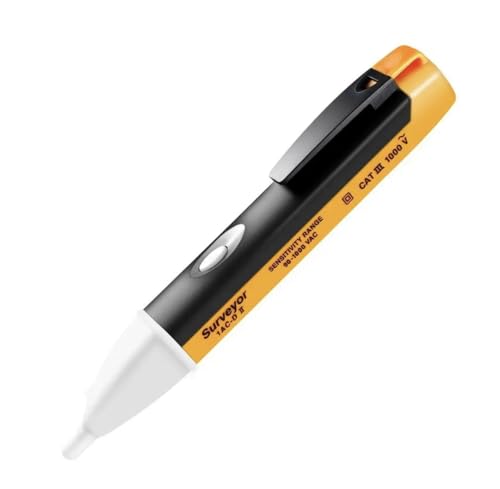Hi Guys,
I'm not a spark so forgive the very basic descriptions.
My Heat pump has been running happily for the last 12 months with no major issues (some wiring issues with startup and shut down signals)
But a week ago it started to trip the 30mA RCD on the board (We have a split board with 2 30mA RCD and a 100A main Switch)
I tracked the problem to the Heat pump unit itself as we had a water issue in the external isolator switch last winter.
If the supply earth is removed from the board and the unit is started up we can see 130V coming back to the earth terminal on startup of the unit and that bumps up to 230V after about 30/40 seconds with the DC inverter starts to ramp up power (I'm guessing). Our Spark is unable to go any further with the investigation as he doesn't feel comfortable. I spoke with a Heat pump guy and he said that he thinks its likely an electrical issue more than a component issue and advised that as the MCB for the Heat pump is going to an RCD with all other fixed appliances and sockets that it may be nuisance tripping given the inverter would generally run around 30mA easily in normal operation and there are no faults appearing on the unit. He suggested we re-wire the heat pump with a Type C/D MCB and RCD which are better suited to the DC inverter drive. As we have a TT install the spark isnt prepared to move the Heat pump onto a bigger RCD or to wire it outside of the RCD.
Basically he said because of the 230V coming down the earth cable he is sure the issue is in the unit itself and nothing to do with the electrical setup. I dont know enough to know if this is the case or not.
I'm based in Newry N. Ireland and am having real trouble trying to source someone with the skills to diagnose and fix the issue.
Any help greatly appreciated.
Thanks
Damian
I'm not a spark so forgive the very basic descriptions.
My Heat pump has been running happily for the last 12 months with no major issues (some wiring issues with startup and shut down signals)
But a week ago it started to trip the 30mA RCD on the board (We have a split board with 2 30mA RCD and a 100A main Switch)
I tracked the problem to the Heat pump unit itself as we had a water issue in the external isolator switch last winter.
If the supply earth is removed from the board and the unit is started up we can see 130V coming back to the earth terminal on startup of the unit and that bumps up to 230V after about 30/40 seconds with the DC inverter starts to ramp up power (I'm guessing). Our Spark is unable to go any further with the investigation as he doesn't feel comfortable. I spoke with a Heat pump guy and he said that he thinks its likely an electrical issue more than a component issue and advised that as the MCB for the Heat pump is going to an RCD with all other fixed appliances and sockets that it may be nuisance tripping given the inverter would generally run around 30mA easily in normal operation and there are no faults appearing on the unit. He suggested we re-wire the heat pump with a Type C/D MCB and RCD which are better suited to the DC inverter drive. As we have a TT install the spark isnt prepared to move the Heat pump onto a bigger RCD or to wire it outside of the RCD.
Basically he said because of the 230V coming down the earth cable he is sure the issue is in the unit itself and nothing to do with the electrical setup. I dont know enough to know if this is the case or not.
I'm based in Newry N. Ireland and am having real trouble trying to source someone with the skills to diagnose and fix the issue.
Any help greatly appreciated.
Thanks
Damian
Last edited by a moderator:



























![TUOFENG 12 Gauge Silicone Wire -6 Meter [3 m Black and 3 m Red] 3.3mm² Soft and Flexible Electrical Wire for DIY Projects and Electrical Applications](https://m.media-amazon.com/images/I/51+++DjJ1DL._SL500_.jpg)




































